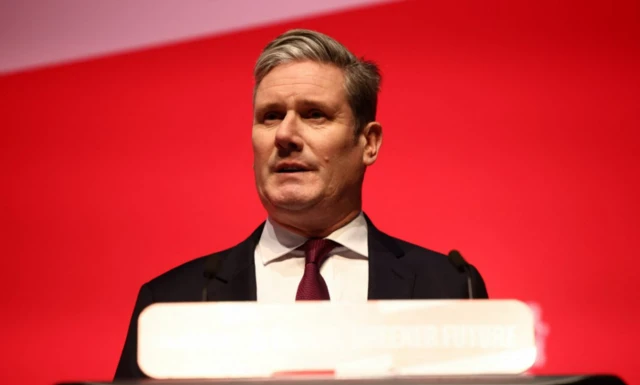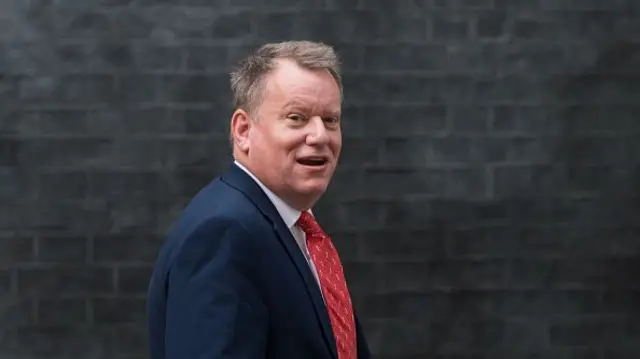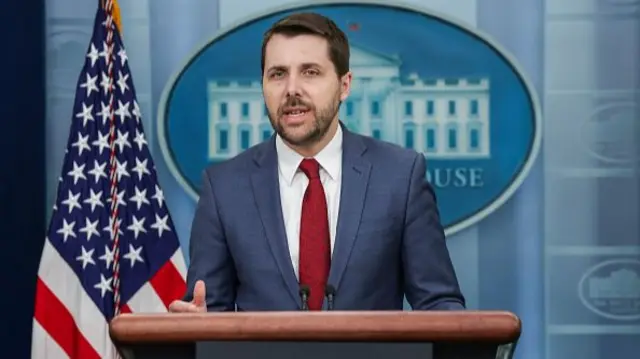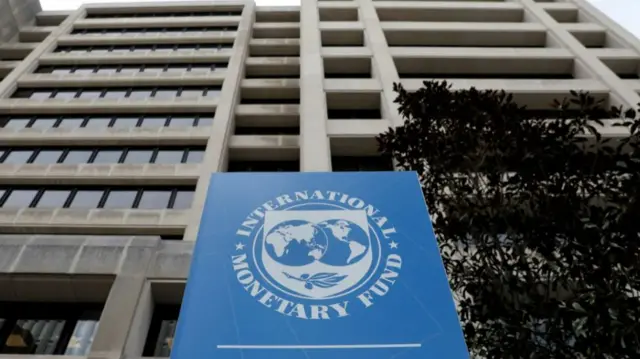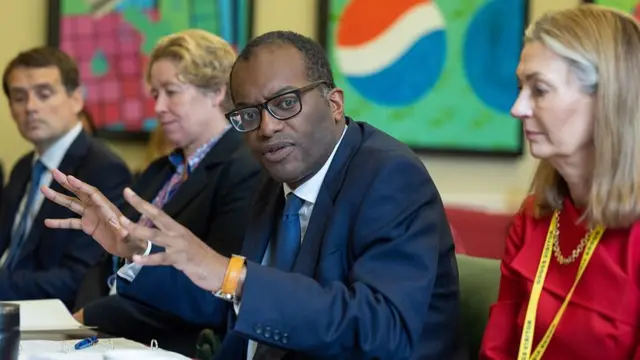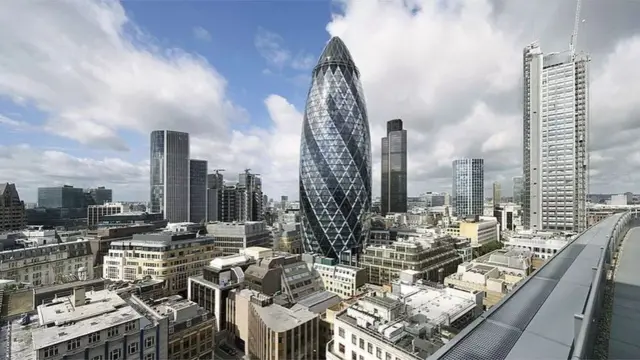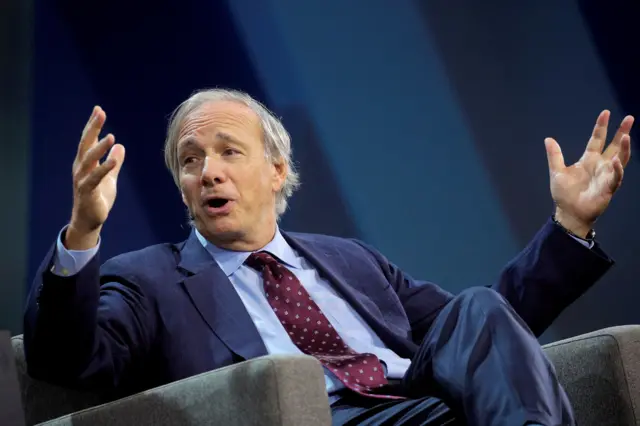
IMF fears tax cuts will widen gap between rich and poorpublished at 09:12 BST 28 September 2022
 Dharshini David
Dharshini David
Economics Correspondent
This is an exceptionally blunt warning from the IMF, indicating that Chancellor Kwasi Kwarteng's £45bn mini-budget spree may not only have been ill-judged and risks sharper interest rate rises, but could also increase income inequality.
How likely is the latter?
The Truss government's growth plan centres on tax cuts for the better off, in the hope it will benefit wider society by boosting investment, innovation and job creation.
But a 2020 study by academics at the London School of Economics examined the impact of such policies in wealthy countries over five decades - and found they failed to significantly boost growth or jobs. They were more likely, the study claimed, to widen the gap between rich and poor.
At the very start of the Conservative leadership campaign, a top IMF official told me large-scale universal tax cuts in the UK would be a "mistake" .
Instead, as the energy price crisis has intensified, it's been calling for measures that are targeted towards the least well-off. And it's openly urging the government to focus on that when the chancellor reveals the next instalment of his plans in November.
There's little indication so far those calls will be heeded.



